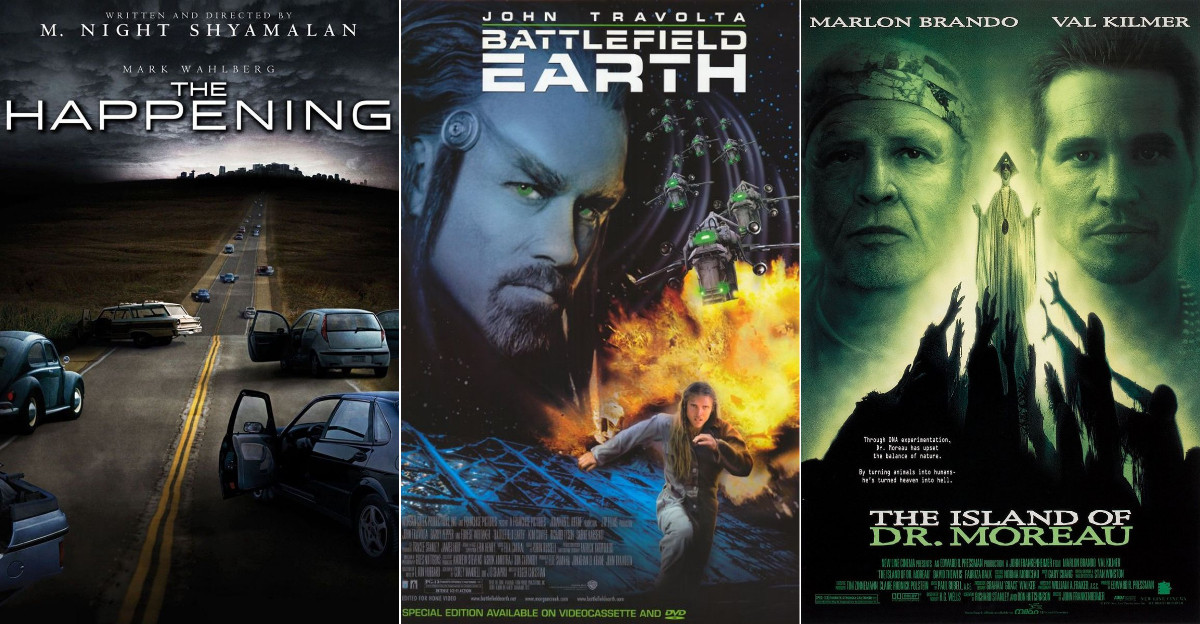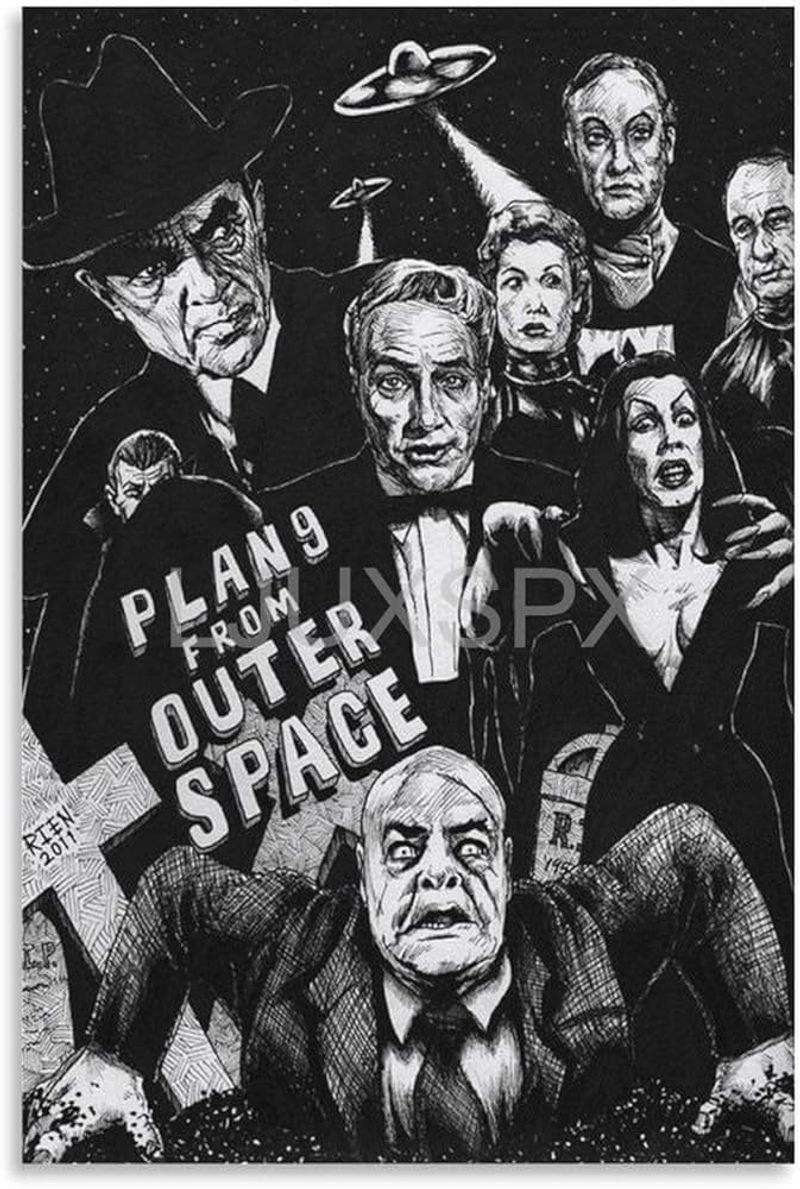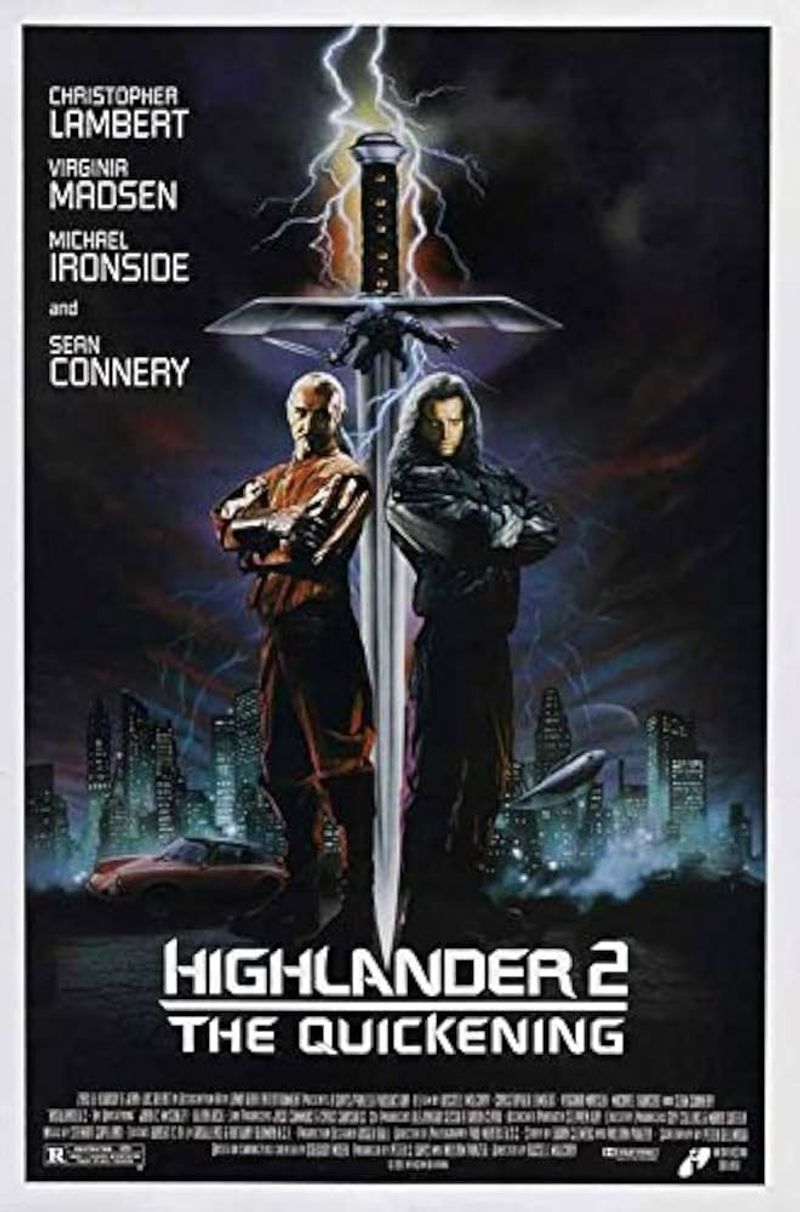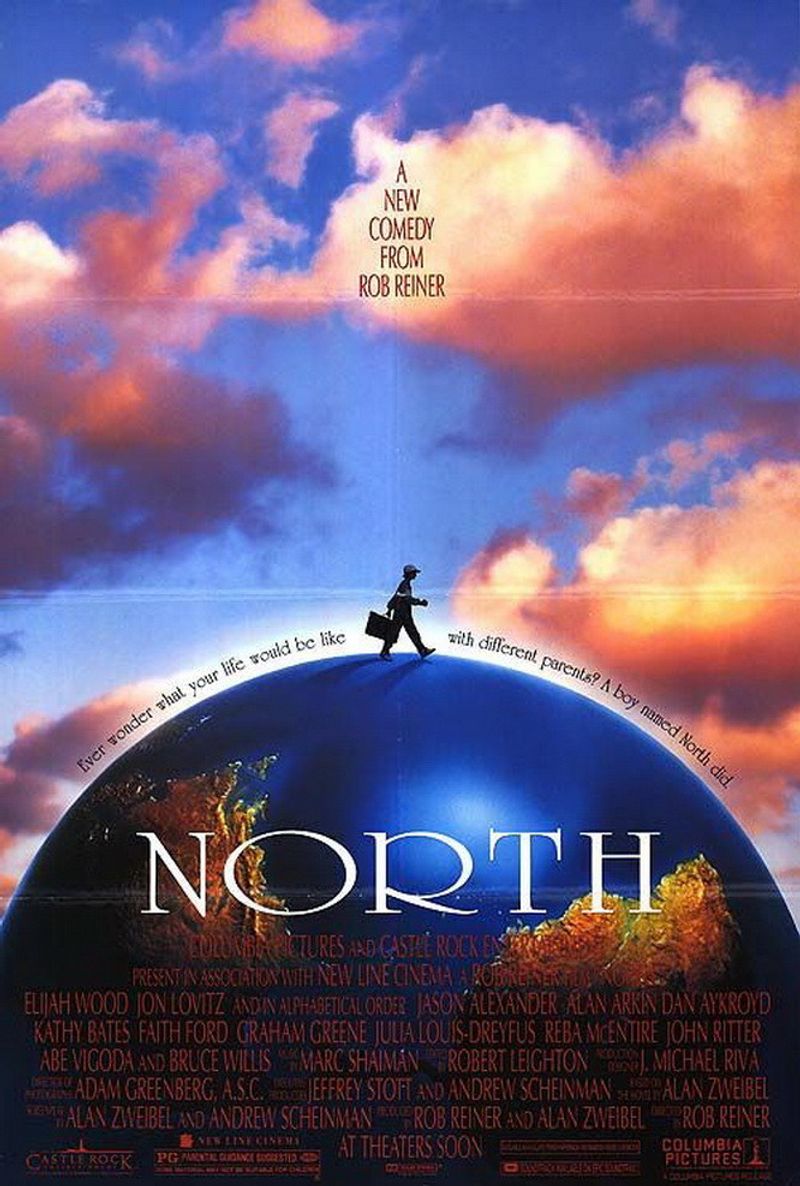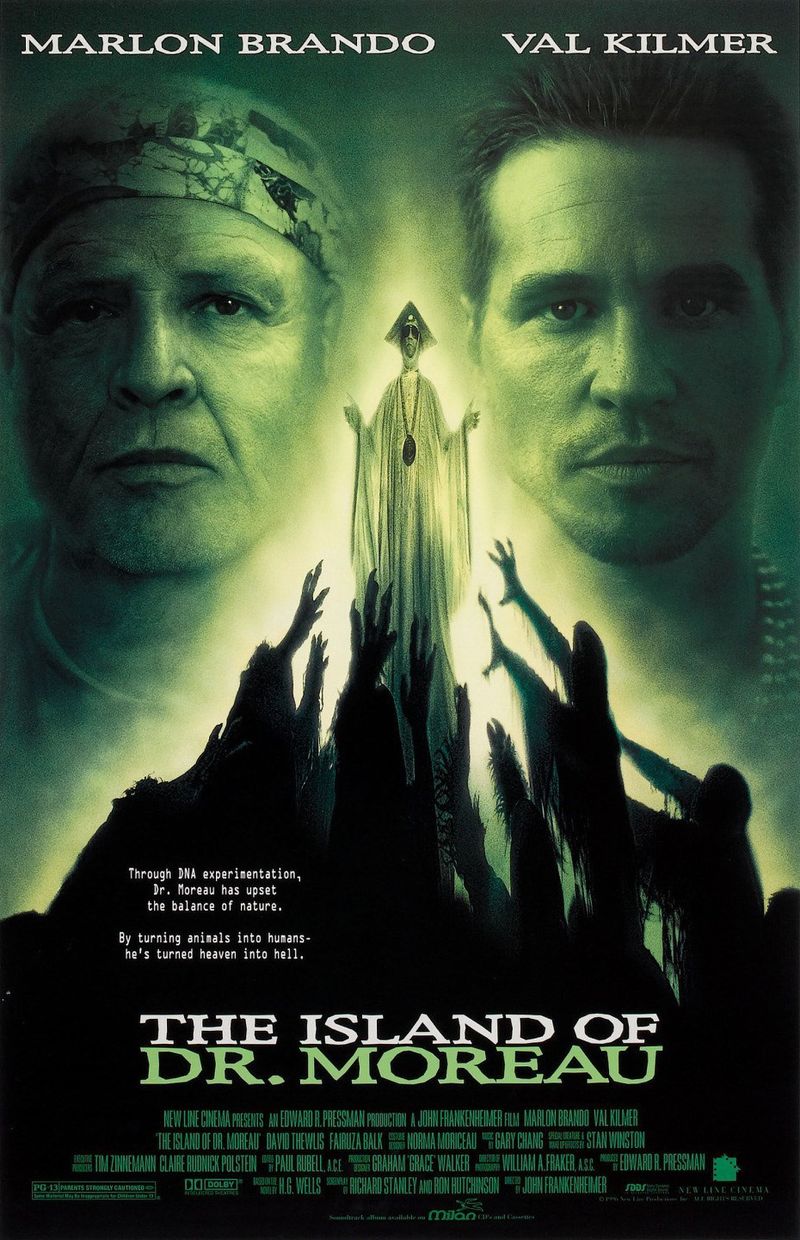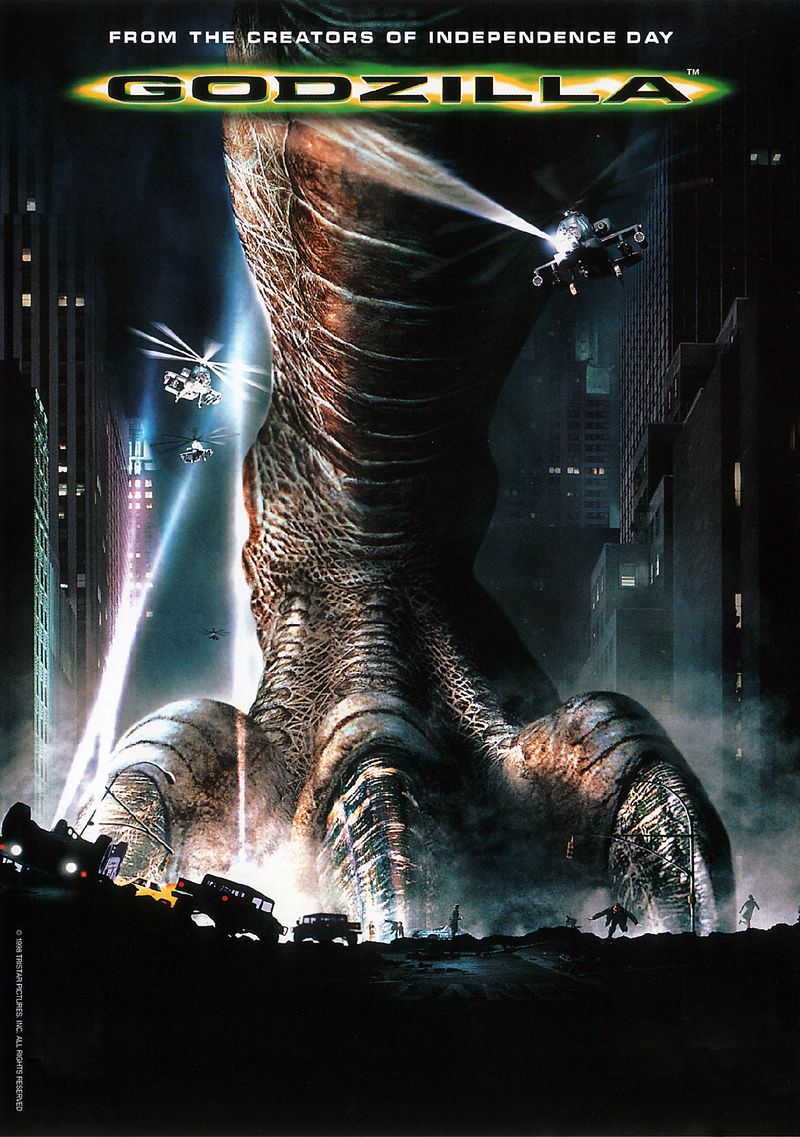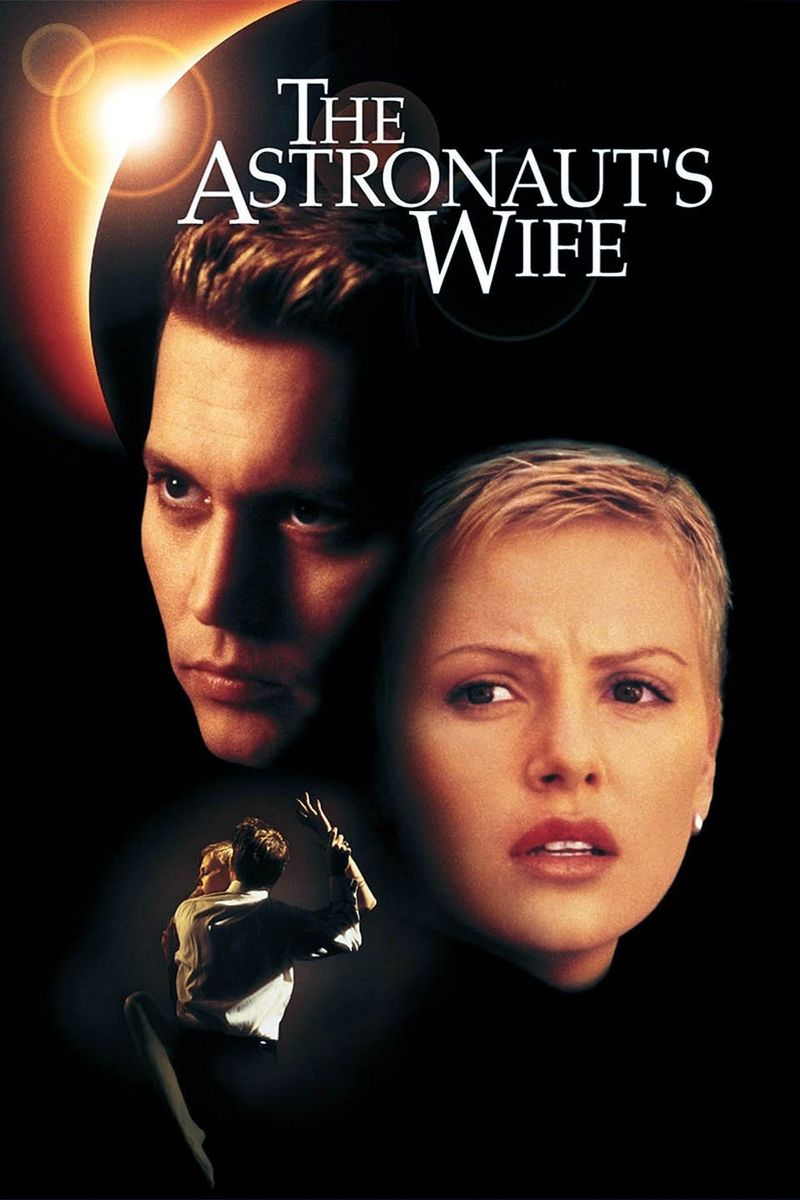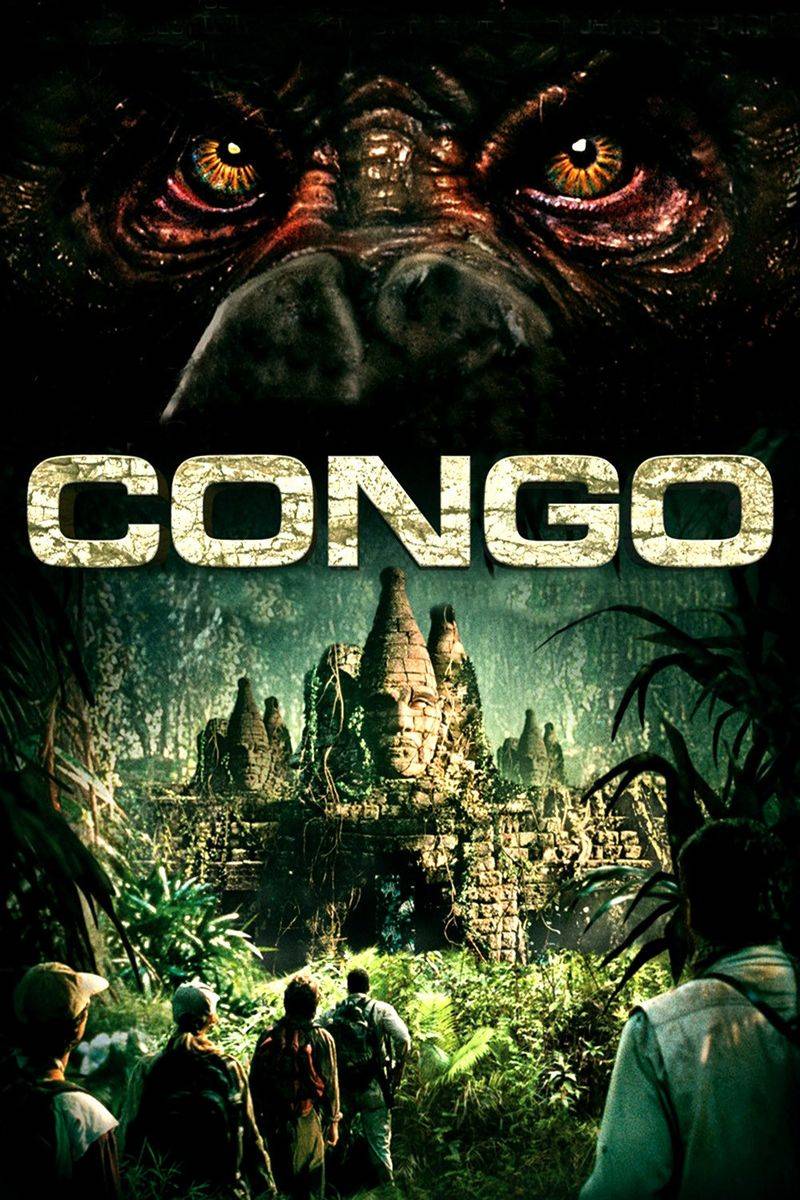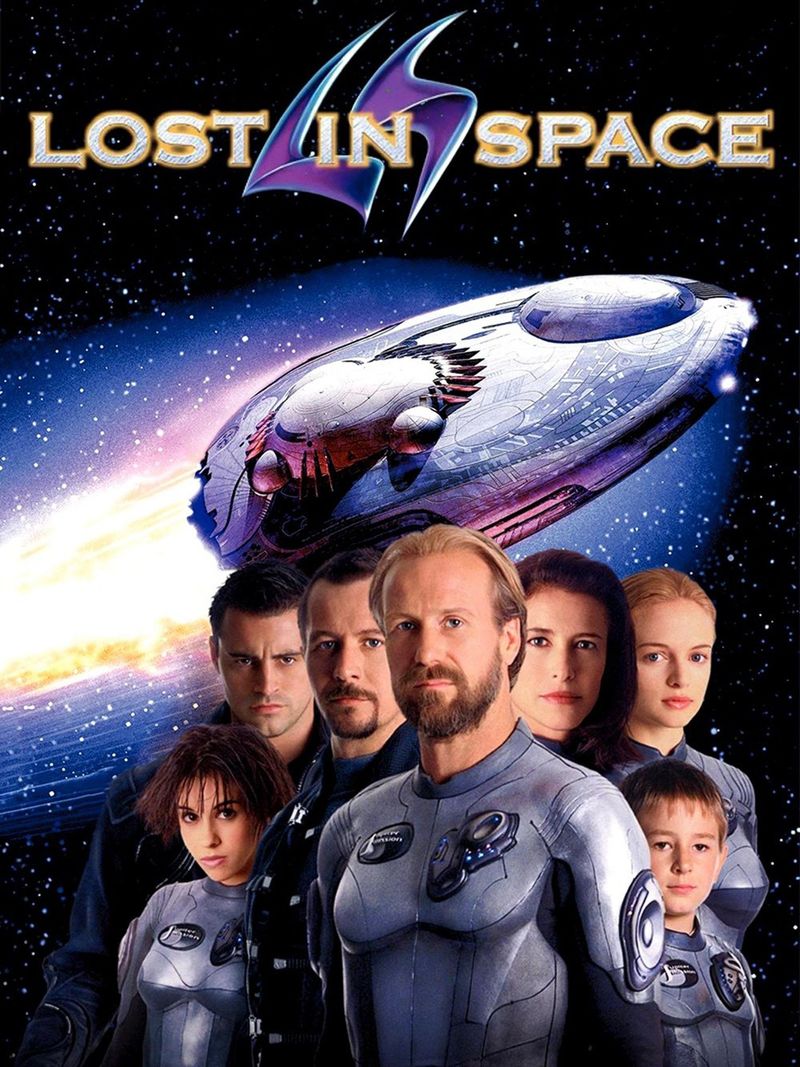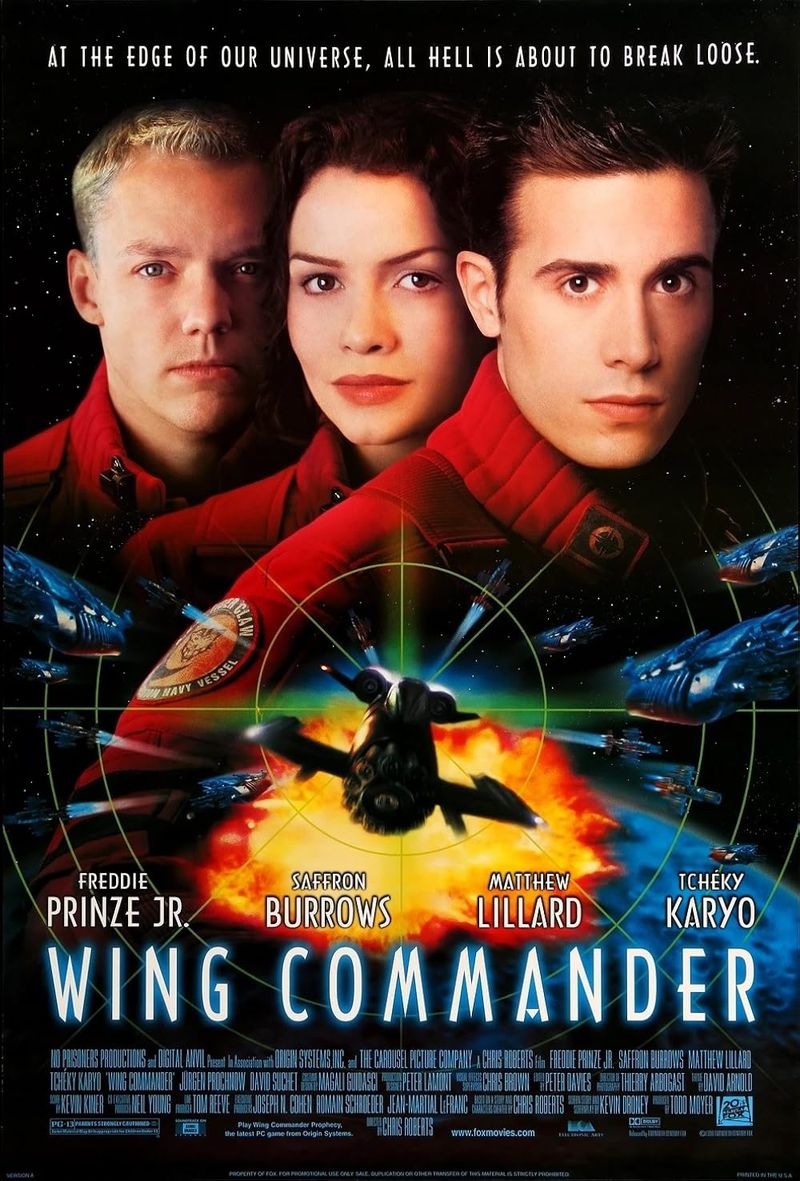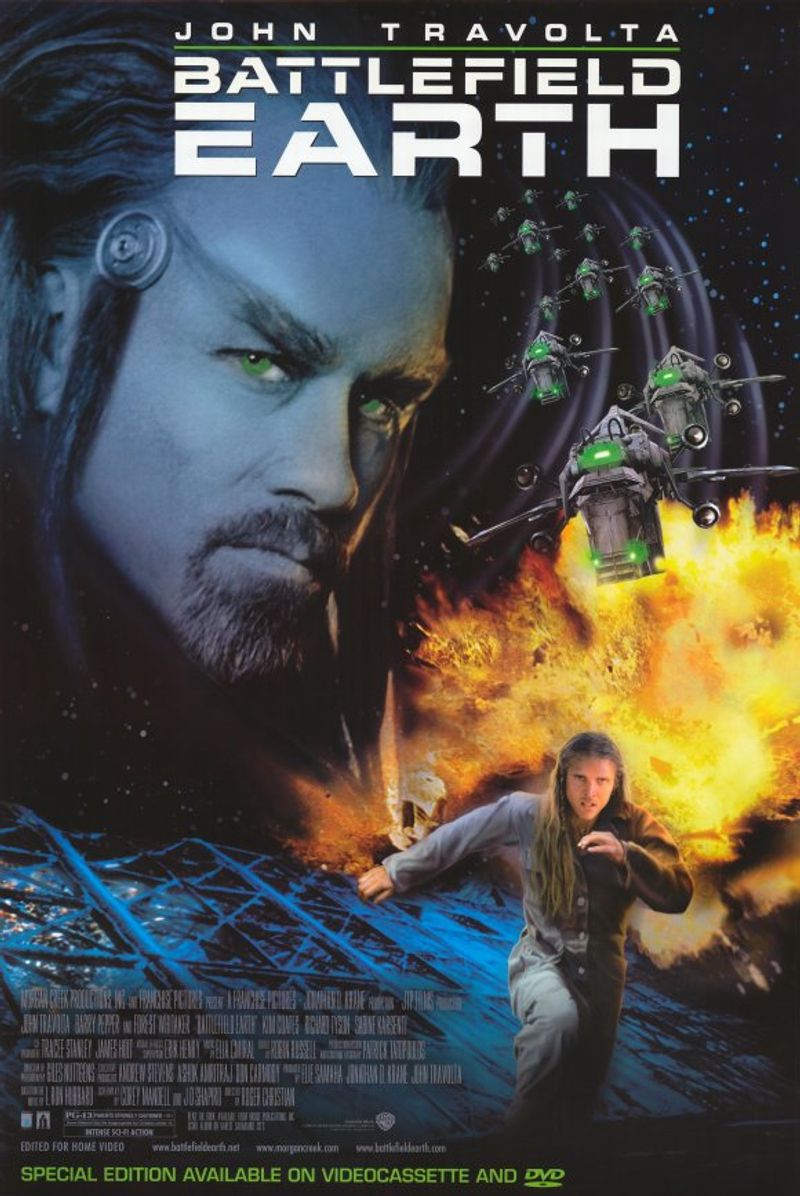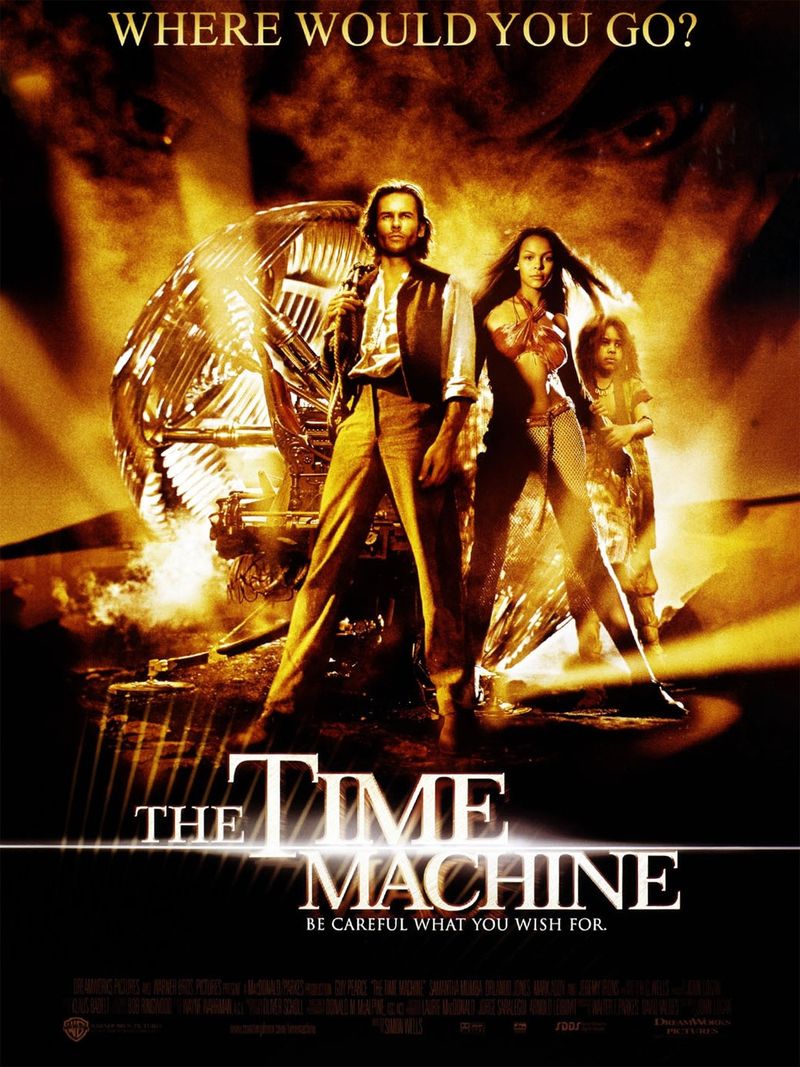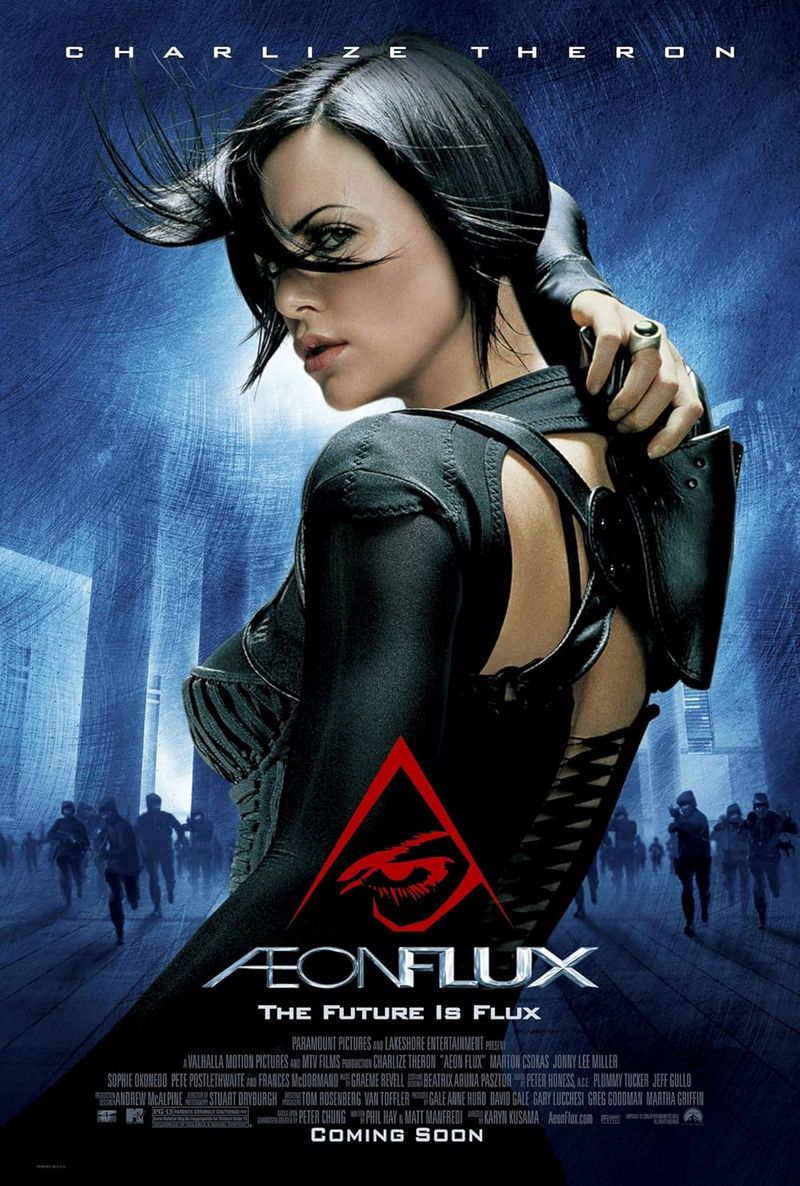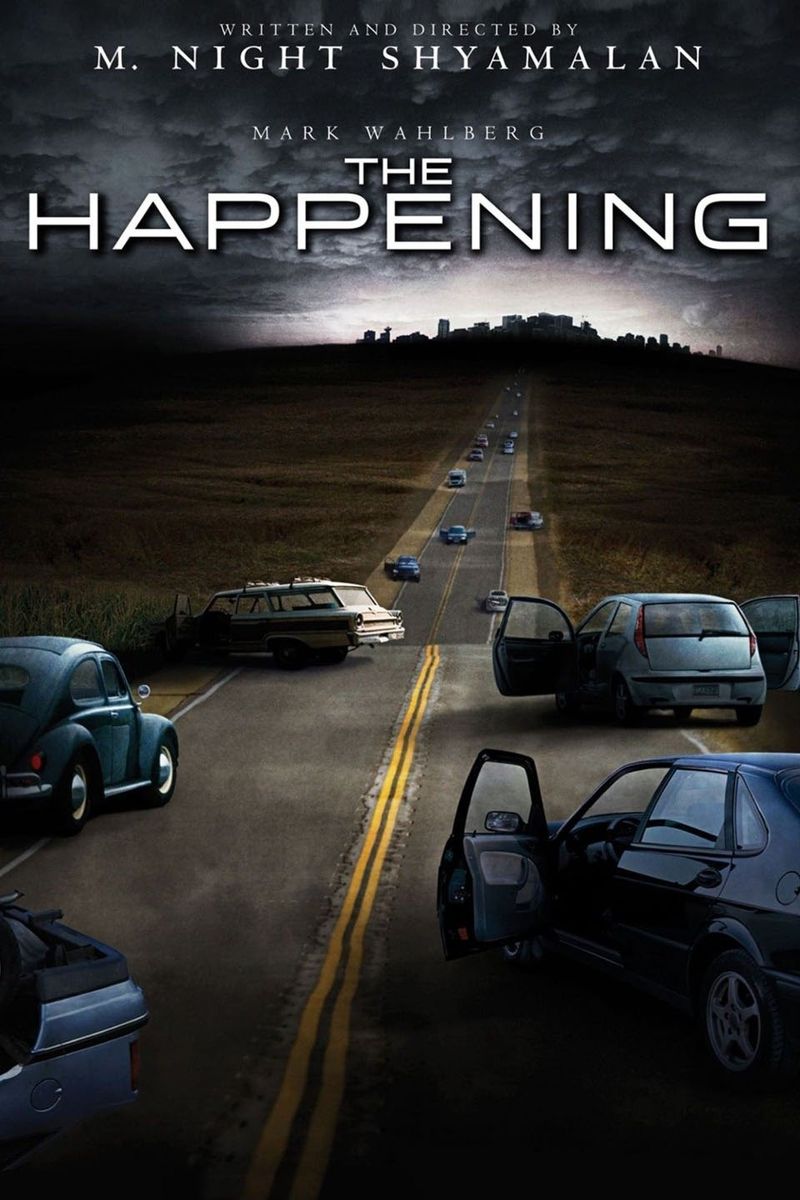Renowned film critic Roger Ebert had no shortage of opinions when it came to sci-fi films. While some movies in the genre have pushed boundaries and expanded imaginations, others have missed the mark entirely.
Here are 13 sci-fi movies that Ebert famously criticized, each bringing its own unique brand of disappointment, confusion, or unintended comedy.
1. Plan 9 from Outer Space (1959)
“Plan 9 from Outer Space” is a cult classic, known more for its legendary incompetence than its cinematic prowess. Roger Ebert acknowledged its iconic status but couldn’t overlook its poor acting and terrible special effects.
The film’s charm lies in its earnest yet failed attempts at creating a compelling alien invasion story. With wooden performances and laughable dialogue, it has a certain endearing quality that keeps audiences returning.
Despite its flaws, or perhaps because of them, it remains a staple in discussions of ‘so-bad-it’s-good’ cinema, proving that sometimes failure can lead to an unexpected legacy.
2. Highlander II: The Quickening (1991)
“Highlander II: The Quickening” is notorious for its baffling narrative choices that left audiences and critics alike scratching their heads. Roger Ebert ranked it as the worst film of 1991, pointing out its glaring plot inconsistencies and disregard for the original film’s logic.
The movie takes the beloved Highlander universe and injects it with nonsensical elements that fail to resonate. Despite the allure of its sword-wielding characters and ambitious concepts, the execution is a disjointed mess.
Ebert’s critique underscores the film’s failure to live up to even the most basic narrative expectations.
3. North (1994)
Though not purely sci-fi, “North” features a surreal plot that left Roger Ebert unimpressed, leading him to famously state, “I hated this movie. Hated, hated, hated it.”
The film’s disjointed narrative and lack of coherence render it an unsettling viewing experience. Ebert’s harsh critique stems from the movie’s failure to engage audiences with its bizarre portrayal of a boy’s journey across whimsical landscapes.
Despite its attempt at a heartwarming tale, the film’s execution falters with erratic storytelling that lacks the grounding needed to resonate. Its fantastical premise doesn’t translate into a compelling narrative.
4. The Island of Dr. Moreau (1996)
In “The Island of Dr. Moreau,” the potential for a gripping tale of genetic manipulation unravels into incoherence. Roger Ebert criticized the film for its absurd performances and lack of direction, noting that it “loses its way early and never recovers.”
With Marlon Brando in a peculiar role, the film descends into a chaotic blend of bizarre imagery and muddled storytelling. The island setting fails to captivate as it should, instead serving as a backdrop to a series of unexplained events.
This adaptation struggles to find its footing, leaving audiences bewildered rather than enthralled.
5. Godzilla (1998)
The 1998 American remake of “Godzilla” was met with Roger Ebert’s dissatisfaction, as he found it to be “a big, ugly, loud movie with no heart.” The film’s chaotic style and lack of emotional depth overshadow the iconic monster’s legacy.
Despite the grand spectacle of destruction, it fails to capture the essence that made Godzilla a beloved figure. Ebert’s critique highlights the film’s noisy execution, which prioritizes special effects over storytelling.
The monster’s menacing presence is lost in a sea of explosions and disarray, leaving audiences craving the depth and intrigue of the original Japanese films.
6. The Astronaut’s Wife (1999)
Roger Ebert’s scathing review of “The Astronaut’s Wife” highlighted its lifeless execution and lack of substance, awarding it a mere 1 star. The film attempts to blend psychological thriller with sci-fi but struggles with its lack of engaging plot developments.
The atmospheric tension is overshadowed by a predictable narrative that fails to captivate. Ebert’s critique underscores the film’s inability to delve deeper into its characters and themes.
Despite its promising premise, the execution misses the mark, leaving audiences with a sense of unfulfilled potential. The movie’s eerie ambiance isn’t enough to sustain interest throughout.
7. Congo (1995)
“Congo,” a film blending science fiction with adventure, is criticized by Roger Ebert for its absurd dialogue and unintelligent characters. He describes it as “a splendid example of a genre film with nothing new to say.”
The movie follows a group of explorers venturing into the Congo jungle, but instead of thrilling discoveries, it delivers a series of clichéd tropes. Ebert’s critique underscores the film’s lack of originality and engaging storytelling.
Despite its intriguing premise, “Congo” stumbles with predictable plot points and characters that fail to evolve, leaving viewers yearning for more depth and innovation.
8. Lost in Space (1998)
“Lost in Space” attempts to modernize the classic TV series but falls short in its storytelling and visuals. Roger Ebert critiqued its incoherent plot and overwhelming visual effects, which overshadow the core narrative.
The film’s attempt to blend family dynamics with interstellar adventure results in a tangled mess. Despite its ambitious scope, the execution leaves much to be desired.
Ebert’s review highlights the film’s failure to engage, as the characters and their journey become lost amidst the flashy effects. The movie serves as a reminder that dazzling visuals can’t make up for a lackluster plot.
9. Wing Commander (1999)
“Wing Commander” aims to deliver thrilling space battles but is marred by clichéd characters and a weak plot. Roger Ebert gave it 1 star, finding more drama in a video game cutscene.
The film struggles to bring its universe to life, relying on tired tropes and uninspired storytelling. Despite its action-packed premise, the lack of depth in character development and narrative cohesion is evident.
Ebert’s critique underscores the film’s inability to rise above mediocrity. The movie’s potential for excitement is overshadowed by predictable outcomes, making it a missed opportunity in the sci-fi genre.
10. Battlefield Earth (2000)
In the realm of disappointing sci-fi films, “Battlefield Earth” stands out with its bizarre direction and bewildering dialogue. Roger Ebert, never one to mince words, lambasted it as “not merely bad; it’s unpleasant in a hostile way.”
The film, starring John Travolta in an outlandish role, attempts to capture a dystopian Earth under alien rule but fails spectacularly. Its incoherent plot and laughable special effects contribute to its infamy.
Despite its earnest attempts at serious storytelling, the movie unintentionally turns into a comedy of errors, earning its place as a cautionary tale in the annals of film history.
11. The Time Machine (2002)
In the 2002 remake of “The Time Machine,” Roger Ebert saw a film that “lacks the poetry and wonder” of its predecessor. The movie attempts to recreate the magic of time travel but stumbles with its uninspired execution.
The visual spectacle doesn’t compensate for its lack of emotional resonance. Ebert’s review points to the film’s struggle to evoke the awe and narrative depth that defined H.G. Wells’ original story.
Despite the allure of exploring the future, the film’s journey feels incomplete and disconnected from its source material, ultimately failing to captivate audiences seeking a timeless adventure.
12. Aeon Flux (2005)
In “Aeon Flux,” Roger Ebert found a film that was dull, murky, and emotionally empty. The sci-fi epic attempts to capture a dystopian future but falters with its somber tone and lack of engaging narrative.
Despite its visual flair, the movie struggles to convey the depth needed to immerse audiences in its world. Ebert’s review highlights the film’s failure to balance style with substance, resulting in a lackluster experience.
The protagonist’s journey feels disconnected, leaving viewers longing for more character depth and meaningful storytelling. “Aeon Flux” serves as a reminder of the importance of narrative richness in sci-fi.
13. The Happening (2008)
M. Night Shyamalan’s “The Happening” is a film that Roger Ebert found unintentionally funny due to its flawed dialogue and bizarre premise.
The film’s plot revolves around an unseen natural disaster causing mass hysteria, but instead of tension, it delivers awkward humor. Ebert noted its deep flaws, particularly in how it handles fear and suspense.
Despite its serious tone, the film’s execution leads to numerous unintentionally comedic moments. The movie tries to be a thrilling exploration of nature’s wrath but ends up confusing and amusing audiences instead. Its appeal lies in its earnest yet misguided approach.
